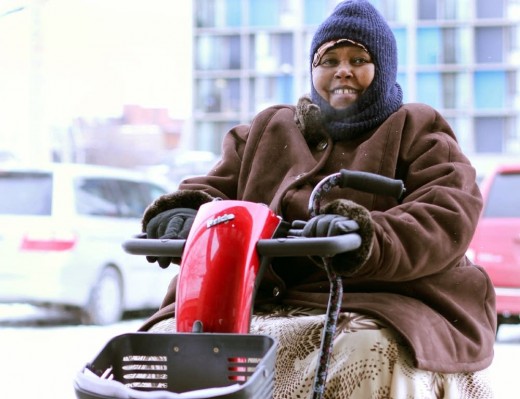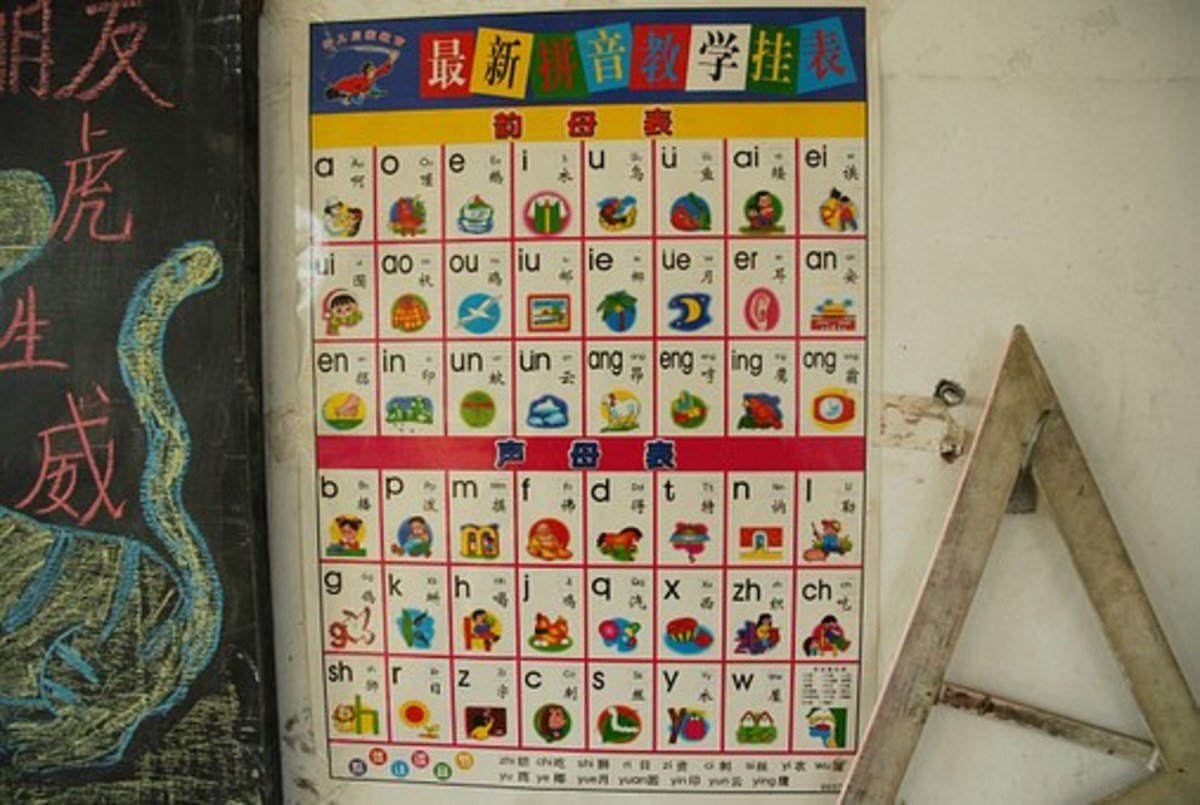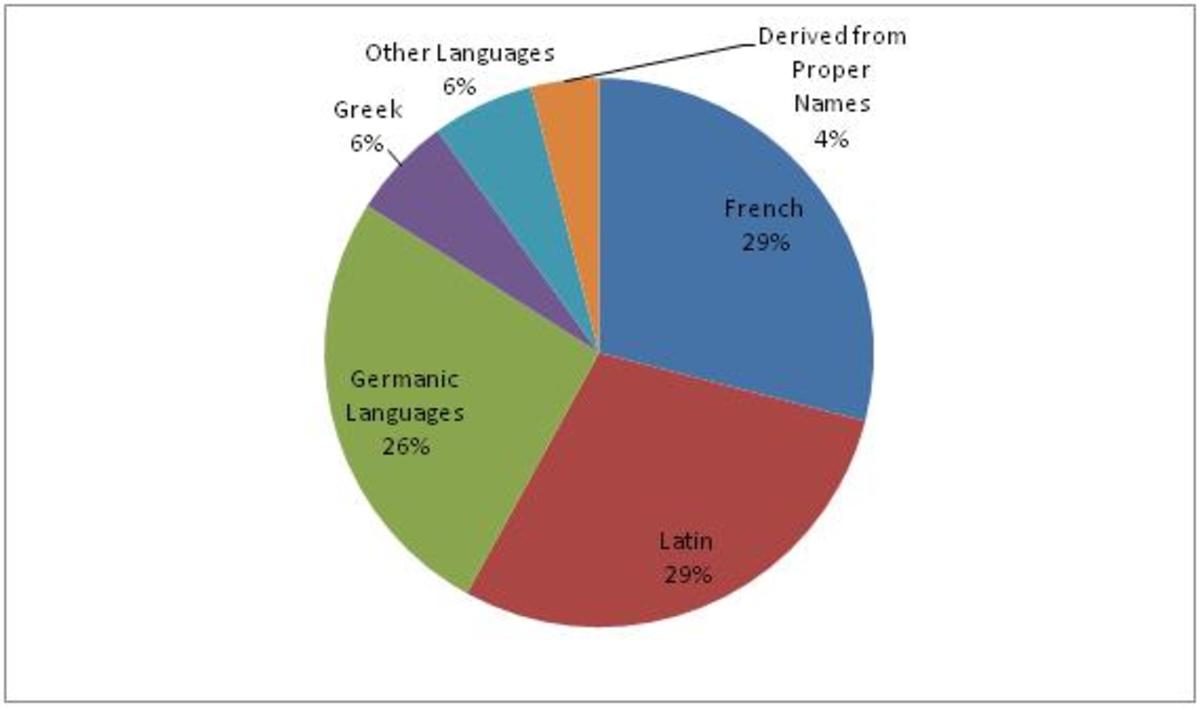Languages Canadian Newcomers

Job Market
Syrian refugees that landed in Canada in December 2015 will find it easier to adjust if they speak the two official languages. It will be difficult if they don't.
Immigrants to Canada know that the fastest way to enjoy full Canadian citizenship is to be proficient in English and French. That is determined by a variety of factors, including age, educational level and mother tongue.
But the reality of the matter is that immigrants often find themselves lost in the new country. That is why they tend to rely on people who speak their own language for comfort.
The result is that they take longer to learn English and French, thus minimising their chances of being promoted to higher positions in the workplace, despite the fact that they might be good at their jobs.
Management means managing people. It is frustrating for both the manager and employees if the manager does not speak the language well.
In some cases immigrants who deserve promotion are bypassed because of racism. In other cases, lack of English and French skills disqualify people because being a manager involves writing, reading, attending meetings, executing policies etc.
It is recommended that immigrants should try to spend more time outside the home, soaking in languages of adopted countries.
http://nonqaba-cinemamytake.blogspot.ca/2017/02/long-johns-and-bus-shelters.html
English/French as a Second Language
It is possible for family members to help older immigrants with English and French, Canada’s official languages by taking them to different public places at least once a week.
Canada and Immigration
The emphasis is on Canada because it attracts more immigrants than other countries.
“Among the G8 countries, Canada had the highest proportion of foreign-born population (20.6% in 2010), well above the shares in Germany (13.0% in 2010) and the United States (12.9% in 2010).” Source: Statistics Canada website.
Stats Canada also had 2010 figures that indicate that outside the G8 countries, Canada was second to Australia (26.8%) in terms of newcomers.
Immigration is a two-way street. These countries get new blood that will keep the economy churning because they will buy electronic goods, cars, houses, furniture and have children who consume everything from strollers to hockey sticks.
Newcomers get a country that is not perfect but relatively free from the trouble they left behind. Some immigrants ran away from excruciating poverty, war, famine, religious, class intolerance or political turmoil. Others came to Canada simply because they wanted better jobs and homes.
Most immigrants come with their parents, aunts and uncles. Some can speak English and French. Others do not.
Learning Languages in Context
Taking language classes is one option. If older immigrants cannot attend them for one reason or the other, exposing them to living English and French situations will help them learn faster.
It could be a park, supermarket, library, walk-in clinic, bank, river, zoo, drugstore or farmers’ markets. Immigrants sponsored by family to come to Canada or Australia have both sides of the coin, half good half bad.
They don’t have to worry about what language to speak at home. It is a different story outside those four walls. The more they interact with only family members, the less likely they are to learn the new language. Kids are quick learners because of school and the playground. Older immigrants do not have that advantage.
Why bother? Everything is online nowadays. Yes, but they might not have a dedicated computer like most members of the family. But they have cellphones, you might argue.
Sure, they can teach themselves the new language via Google. But, there is nothing to beat first hand learning, riding a bus and asking the driver for a transfer.
Personal Information
-
Immigrants in your family must have a little diary. Write their names, home address and emergency numbers, with your number being the first one. This information is also in their cellphones.
-
Explain postal codes, if they didn’t have them back home. I was born and raised in South African cities so adapting to Canadian life was very easy.
-
Make them aware of common questions asked by government and health authorities, e.g. their social insurance number.
-
Your mother already knows that you live in a suburb called Cedars. Now take her to the intersection where you live and advise her about cross streets, ‘Mama, our house is at the corner of Bay and Main.’ Nothing bad will happen. It’s just a precaution
The supermarket
This is quite easy because most families visit the grocery store at least twice a week to replenish things like bread, milk, eggs or fruit juices.
Immigrants will recognise certain food items. The family member acting as teacher will then give them the English or French word for flour.
Maybe this is the best time to tell them that all things related to baking are usually in the same aisle. Tinned goods are in the same aisle, so are cereals for the kids. This might be a new word for newcomers, so ask them to write it down.
Transport
-
Families tend to be protective of loved ones. That is why they drop them off at the walk-in clinic and pick them up. They drive them everywhere. As a result, some immigrants don’t learn know how to get to places on their own, which is a great pity. Canadian cities such as Winnipeg make it very easy to get from point A to point B. You can even go to the movies by bus.
-
However, it is still important to take your mother to the drugstore and buy her a seniors’ bus pass or bus tickets. Ride the bus once a week. Kids who were born in cars think it is great fun to ride the bus. Take grandma along. Canadian drugstores also have the post office, in case she wants to send parcels back home.
-
The bus will also take her to library, a great resource for someone who wants to learn English or French. The library also has lessons on videos and tapes.
Online Training
-
Older people, whether they were born in Canada or not, are not great fans of the internet. They can run but they cannot hide from the fact that the whole world is gravitating towards online.
-
Older immigrants might be used to dressing up to go to town to pay bills, or picking up the phone to make an appointment with the doctor. Online, online, online! That is the reality they will face.
-
Try to introduce older immigrants to the world of passwords, user names, creating online accounts to register for seniors’ clubs, almost everything.
-
Internet banking should also be part of English classes because the government prefers to deposit benefits electronically.
-
Your mother should also know how to get money from those bank machines at the mall.
Youth as Teachers
They are the ideal teachers because they pick more vocabulary at school compared to elder immigrants who are always at home.
That is easier said than done. Immigrant kids might not like the idea because they want to fit in the new country as quickly as possible. Other kids might be making fun of the way they speak the new language. The last thing they need is to be with grandma with her strong old country accent.
Kids might be ashamed of their culture and are on speed dial to be Canadian, American or Australian. Teaching grandma English might be a setback.
Conclusion
Some immigrants don’t like the new country and its language. They are proud that they never learnt English or French. Nothing can be done about that I suppose, but family members can speed up the language proficiency of those that want to embrace the adopted country.








